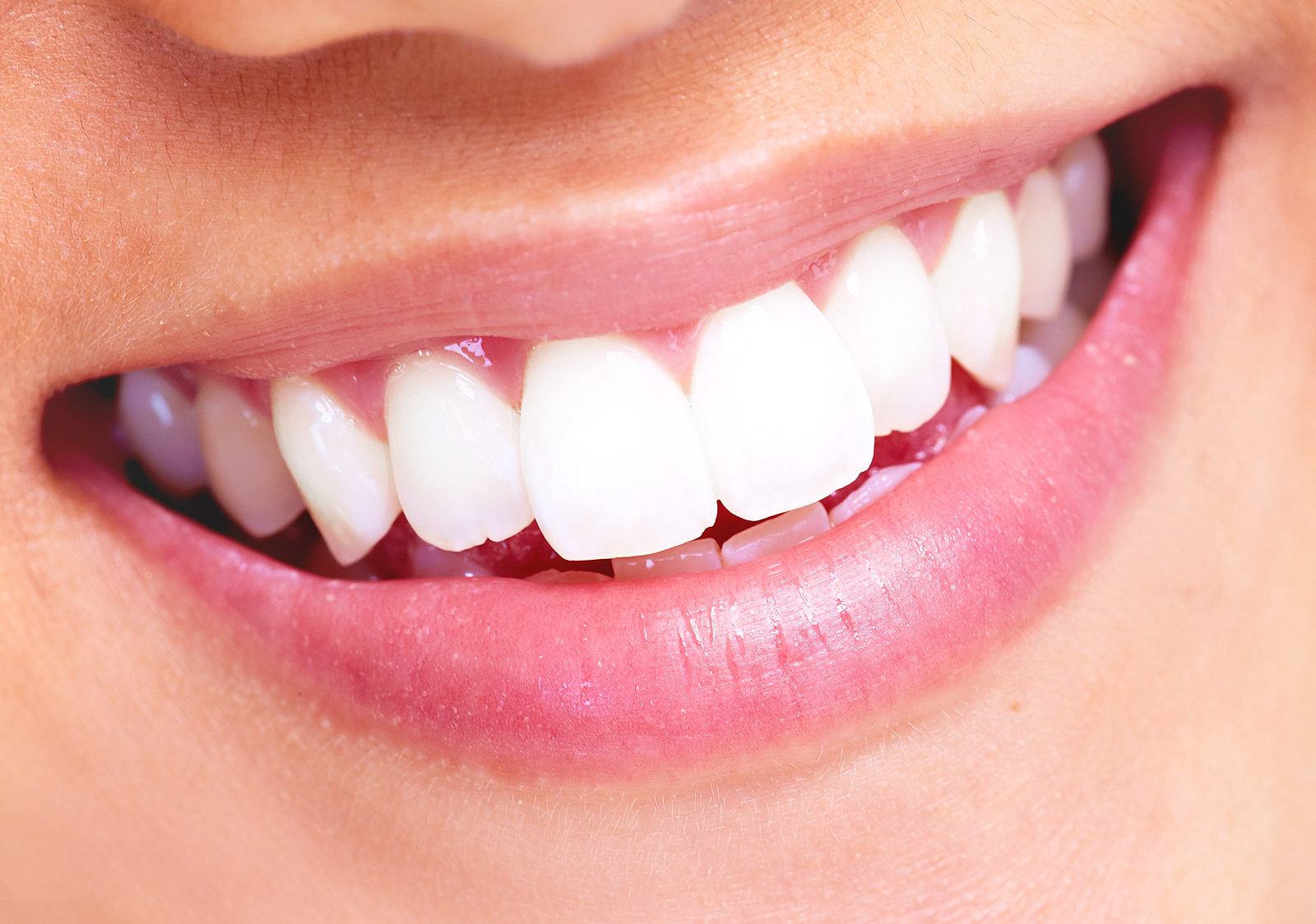Does Genetics Affect Oral Health?
There are a variety of factors that can affect your oral health, including your genetic makeup. Genetic factors can play a role in the development of oral diseases, as well as influence how effectively you respond to certain dental treatments. For example, some patients may be prone to cavities, while others may not get a single cavity over the course of their lifetime. Some patients may have softer tooth enamel than others, which can make teeth more susceptible to tooth decay. Your genetics can also impact how you respond to orthodontic treatment as well. Listed below are some common genetic oral abnormalities that affect people.
- Inborn Tooth Agenesis
Tooth agenesis is a congenital condition in which a patient is born without one or more teeth. It is caused by abnormal growth of the jaw or failure of a tooth to erupt from the gum line during childhood. If left untreated, an impacted tooth can cause future complications, including infection.
Causes of an inborn tooth absence include genetic mutations that affect the development of the mandible and the maxilla. Other causes include endocrine disorders that cause underdevelopment of the jaws or oral infections that destroy the developing dentition.
- Congenitally Missing Permanent Teeth
Missing teeth can cause several problems, including difficulty speaking or eating, shifting of remaining teeth, and damage to the jaw bone. However, not everyone with congenitally missing teeth experiences these problems. Some people may not experience any complications at all. That’s because the severity of the problem depends on how the teeth are missing and what tooth or teeth are missing. For example, a problem with only one tooth may be less problematic than an issue with multiple teeth. A person with no permanent teeth may experience no issues at all.
A condition called oligodontia occurs when a person is missing all his or her permanent teeth. People with this condition may still develop some baby teeth and can have problems with chewing or speaking normally.
The most common genetic cause of congenitally missing teeth is the absence of one or more teeth due to mutations in their gene. This gene is responsible for regulating tooth development. Mutations in this gene can lead to the absence or abnormal development of both primary and permanent teeth. Several other genes may play a role in the development of certain teeth. If you have a family history of congenitally missing teeth, talk to your doctor about genetic testing to determine if you are at risk of developing the condition.
- Dens invaginatus
An invagination is the abnormal development of a tooth bud. Invagination is due to the failure of any one of the three tissue layers to separate from each other during the development of the tooth. It is most common in the maxillary lateral incisors but can occur in any tooth in the mouth. When the tooth does erupt, it often has an abnormal appearance due to the rotation or twisting of the tooth bud during development. This can often cause abnormal spacing between teeth as well.
- Cleidocranial Dysplasia
This oral genetic abnormality is characterized by the presence of missing teeth and abnormal bone growth in the mouth, usually including the mandible. This condition affects the teeth and the supporting structures inside of the mouth, such as the gums and jawbone.
The condition is present at birth and does not worsen over time. Patients with this condition may struggle to chew and speak clearly due to missing teeth or altered jaw structure. Other causes of the condition may include an infection that damages the teeth and gums.
- Hypodontia
Hypodontia is a condition that occurs when teeth are missing. People with hypodontia may have one or many missing teeth, and it may be symmetrical on both sides or not.
Helpful Tips
While you can’t change the genetic traits you were born with, you can be aware of how they affect your oral health and take measures to maintain excellent dental health throughout your life. Brushing your teeth twice a day and flossing daily to remove plaque buildup are two great ways to keep your mouth healthy and clean in between visits to your dentist’s office. Regular checkups and professional cleanings are also essential for the overall health of your smile.
By maintaining good oral hygiene habits through adulthood, you can help minimize the impact of your genetic makeup on your oral health. Additionally, seeing your dentist for regular exams and cleanings can help you address any dental issues early on to prevent more serious problems from happening down the road.
At our dental practice, we strive to provide each patient with the individualized, quality dental care they need to achieve a lifetime of healthy smiles. If you’d like to learn more about how we can help you achieve optimal oral health, schedule an appointment with one of our experienced dentists today!






















0 comments